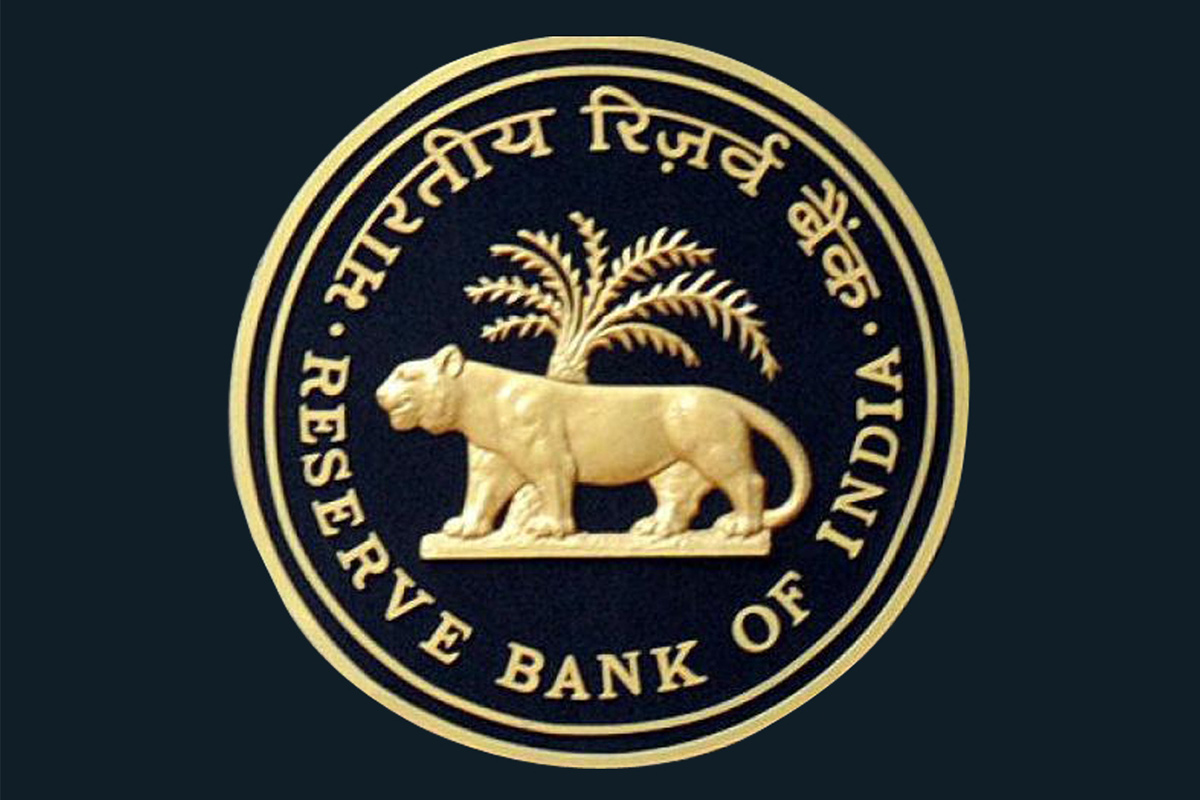The Reserve Bank of India (RBI) Monetary Policy Committee (MPC) member highlighted that going ahead, as India develops, the problem of high food inflation would be “less severe”.
Modern supply chains with diversified sources can help quickly address sudden spikes in prices of specific food items, she said.
Further, Goyal stressed that the share of food in the household budget is high in India, and said that the policy needs to focus on increasing agricultural productivity, since stable agricultural prices are important for non-inflationary growth.
One does not hear of tomato or onion prices spiking in advanced economies, she said. “We naturally have diverse geographic regions, better integrated markets sourcing from different regions can help mitigate climate change induced food price spikes,” she added.
Moreover, as the weight of food in consumption falls and food consumption itself becomes more diversified, the impact and size of future food price shocks falls, she noted.
It is to be highlighted here that in March, the retail inflation declined to a five-month low of 4.85% due to cooling down of food prices. The inflation in the food basket was at 8.52% in March, down from 8.66% in February.
Further, the MPC member said that under flexible inflation targeting, expectations get better anchored. She cited example of East Asia, where food prices were allowed to rise and agriculture was subsidized only after food budget shares fell.
“India unfortunately opted for a distorting system of subsidies to farmers as well as to consumers. Given India’s huge population this was very expensive and reduced the space for government investment in agriculture,” she noted.
Earlier this month, while announcing the MPC decisions, the RBI Governor Shaktikanta Das said that the baseline projections show inflation moderating to 4.5 per cent in 2024-25, from 5.4 per cent in 2023-24, and 6.7 per cent in 2022-23.
Recently, the International Monetary Fund (IMF) has also raised India’s growth projection to 6.8 per cent for 2024 while the Asian Development Bank (ADB) raised India’s GDP growth forecast for the current fiscal to 7 per cent.












